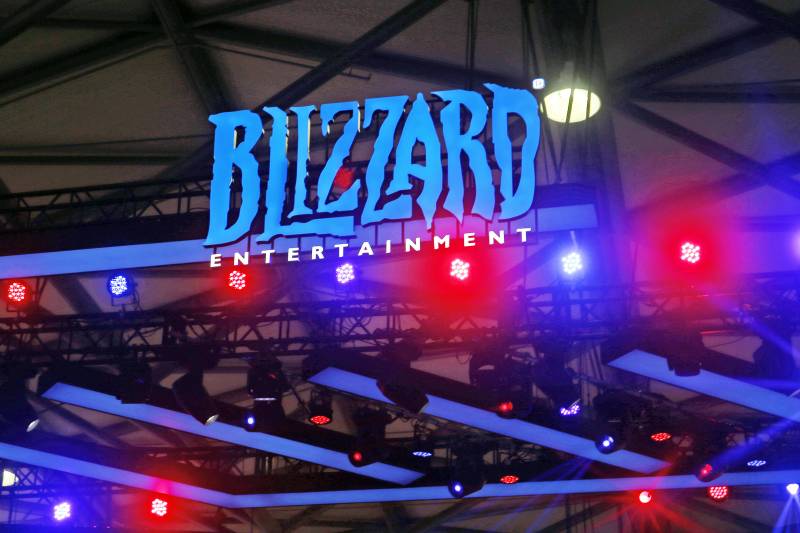Gaming giant Blizzard says it will suspend most China services

Stay tuned with 24 News HD Android App

US gaming giant Blizzard Entertainment will suspend most of its services in China from January, the company said Thursday, after it failed to reach a licensing deal with local firm Netease.
Producer of some of the best-known titles in gaming, including "World of Warcraft" and "Overwatch", Blizzard has operated in China since 2008.
But the firm said it had failed to reach an agreement with Chinese publisher Netease over an extension to their 14-year licensing agreement.
"Blizzard Entertainment, Inc. announced today that it will be suspending most Blizzard game services in mainland China," Blizzard Entertainment, a subsidiary of California-based Activision Blizzard, said in a statement.
"We will suspend new sales in the coming days and Chinese players will be receiving details of how this will work soon," it added.
Negotiations fell apart, it said, after the two sides failed to strike a deal that is "consistent with Blizzard's operating principles and commitments to players and employees". It did not share further details.
Upcoming releases for "World of Warcraft: Dragonflight", "Hearthstone: March of the Lich King", and season two of "Overwatch 2" will go ahead later this year, it added.
The company later said in a statement on its Chinese-language Weibo social media account that the Chinese servers would stop operations at midnight on January 24.
Blizzard thanked local players for their "love and support", saying it "sincerely looked forward to bringing Blizzard games back to you in the future".
Netease's Hong Kong-listed shares fell more than 10 percent in the morning Thursday.
The gaming giant, which is expected to release its third-quarter earnings later in the day, said the expiration of the licenses would have "no material impact on NetEase's financial results", in a stock exchange filing Thursday.
Chinathe world's biggest market for online gamescontributed at least three percent of the US firm's net revenue in 2021, according to company records.
The Chinese government has cracked down on the industry in recent years, warning children are spending too much time playing online games and hitting players with new age and playing-time restrictions. Approval of new titles has also slowed.
